
Former Armenian Minister Questions Western Commitment Over Modest Economic Assistance
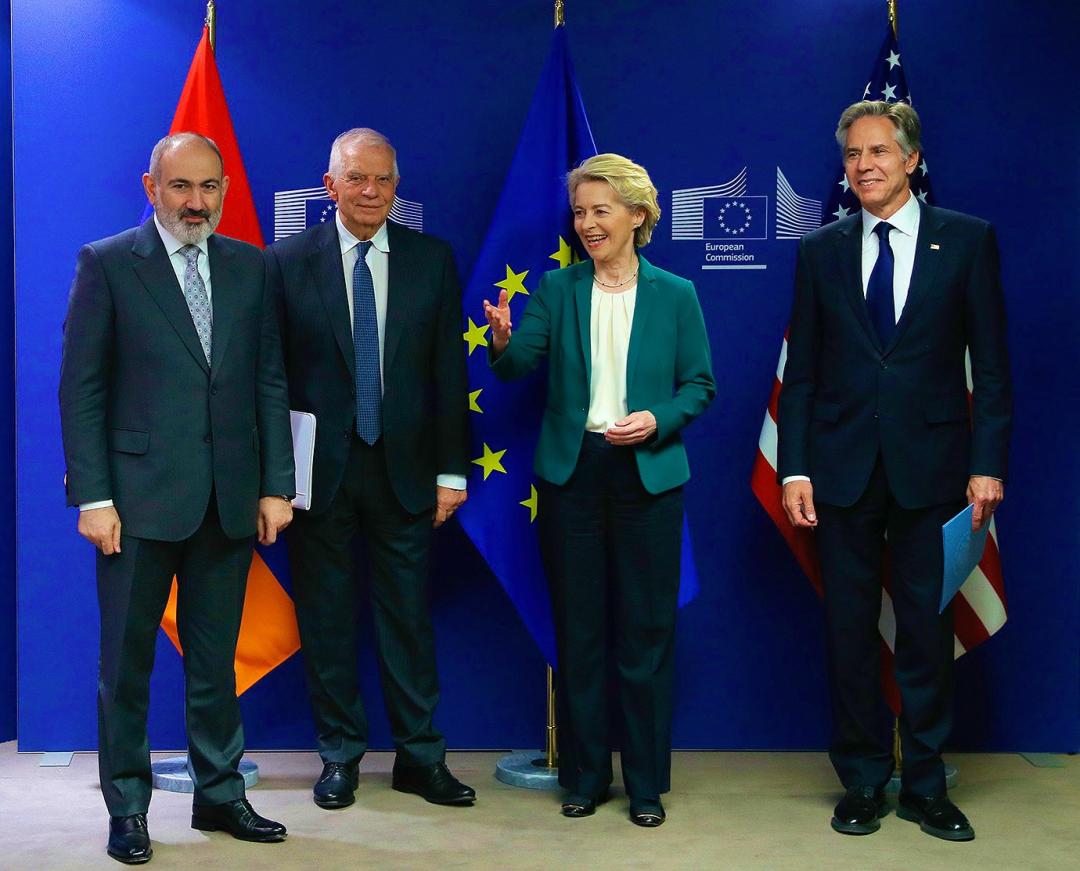
On April 12, Vardan Aramyan, the former Armenian Finance Minister and international consultant on public finance management, highlighted the significance of European Commission President Ursula von der Leyen's acknowledgment of Armenia's efforts to counteract Western anti-Russian sanctions. He noted that von der Leyen's statement, made before she met with Armenian Prime Minister Nikol Pashinyan and US Secretary of State Anthony Blinken, underscored Armenia's role in this regard.
Aramyan emphasized that while both European and American partners framed the financial assistance as intended to bolster Armenia's economy, promote diversification, and support businesses in accessing new markets, von der Leyen's remarks suggested an implicit recognition of Armenia's stance on anti-Russian sanctions. He observed that the allocated funds of 270 million euros and 65 million dollars were specifically earmarked to enhance the "sustainability of its economy" and "diversification."
Comparing these investments to those provided to Georgia after the August war, Aramyan highlighted a substantial disparity. While Georgia received approximately $4 billion in assistance, Armenia's allocation of 330 million euros falls significantly short, especially considering the potential ramifications for Armenian-Russian economic relations.
Aramyan questioned whether the allocated funds would suffice to offset any potential consequences if Russia perceives Armenia's stance as a challenge and takes retaliatory measures. He pointed out that Armenia's exports to Russia alone amounted to $3.4 billion last year, far exceeding the promised assistance from the West.
Furthermore, Aramyan noted the multifaceted economic ties between Armenia and Russia, including tourism, remittances, and the energy sector. He cautioned that even a modest decrease in Armenia's exports to Russia could far surpass the annual assistance promised by Brussels.
Aramyan speculated that the cautious approach of the European Union and the United States may stem from doubts regarding the willingness of the Pashinyan government to take decisive actions against Russia. He suggested that the relatively modest assistance offered could indicate a lack of confidence or a reflection of Armenia's perceived significance in the eyes of the Euro-Atlantic bloc.
In conclusion, Aramyan asserted that both scenarios - whether stemming from skepticism towards the Pashinyan government or as a reflection of Armenia's treatment by its Western partners - are unsatisfactory.
See Also

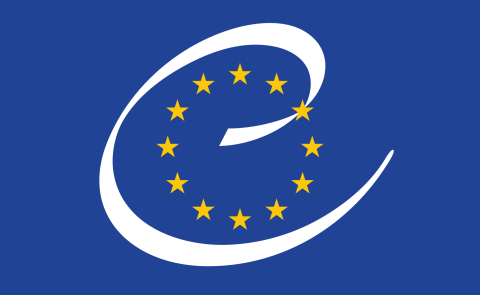
Armenia Strengthens Ties with Council of Europe
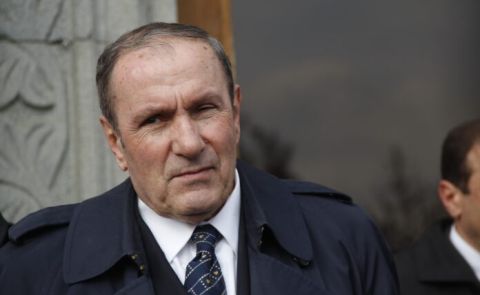
Former Armenian President Labels Pashinyan a Traitor and Blasphemer
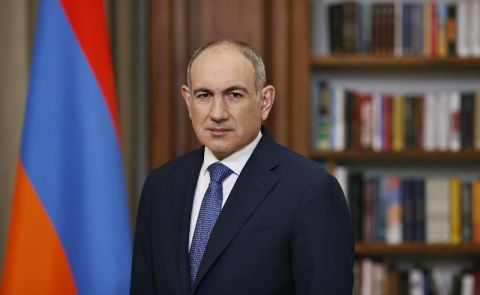
Pashinyan Addresses Key Issues on Church, National Future, and Fund Allegations
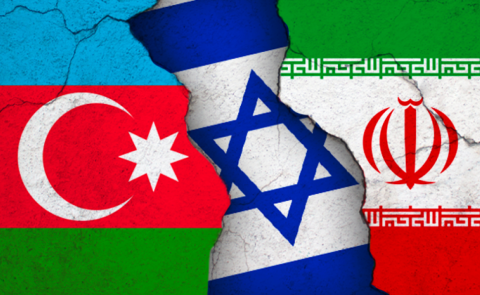
Azerbaijan Calls for 'Dialogue and Diplomatic Resolution' Between Israel and Iran

